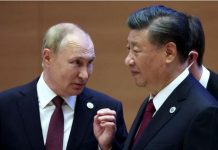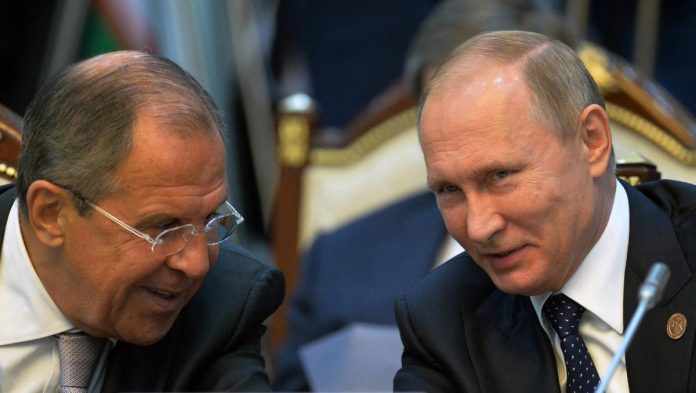The UK is banning the import of diamonds from Russia. The US set out similar plans to ban Russian diamonds last year and the EU has announced plans to do so, reports the BBC.
As regards financial measures, the European Union, US, UK and Canada have frozen assets of Russia’s central bank in their countries. Major Russian banks have been removed from the international financial messaging system Swift, delaying payments for Russian oil and gas. The UK has frozen the assets of other Russian banks and banned Russian firms from borrowing money. The EU has placed limits on deposits Russians can make at banks.
Western nations have tried to cut Russia’s income from oil and gas: the EU stopped importing Russian coal and banned refined oil imports; the US and UK banned all Russian oil and gas imports, and Germany halted the opening of the Nordstream 2 gas pipeline coming from Russia. Nevertheless, the EU has not imposed sanctions on Russian gas because it relies on it for about 40% of its gas needs.
At an individual level, over 1,000 Russian businesses and individuals have been targeted by the US, EU, UK and other countries. These of course include oligarchs (such as Chelsea FC owner Roman Abramovich, aluminium magnate Oleg Deripaska) and even Putin and Lavrov themselves, who have had certain assets frozen.
At least 16 superyachts linked to sanctioned Russians have been seized, and „golden visas”, which allowed wealthy Russian rights British residency rights, have been entirely stopped in the UK.
Over a thousand including McDonald’s, PepsiCo, H&M and Adidas, have stopped working in Russia. Luxury goods from Russian are currently banned and, more pressingly, there is currently a ban on all Russian flights from the US, UK, EU and Canadian airspace.

















